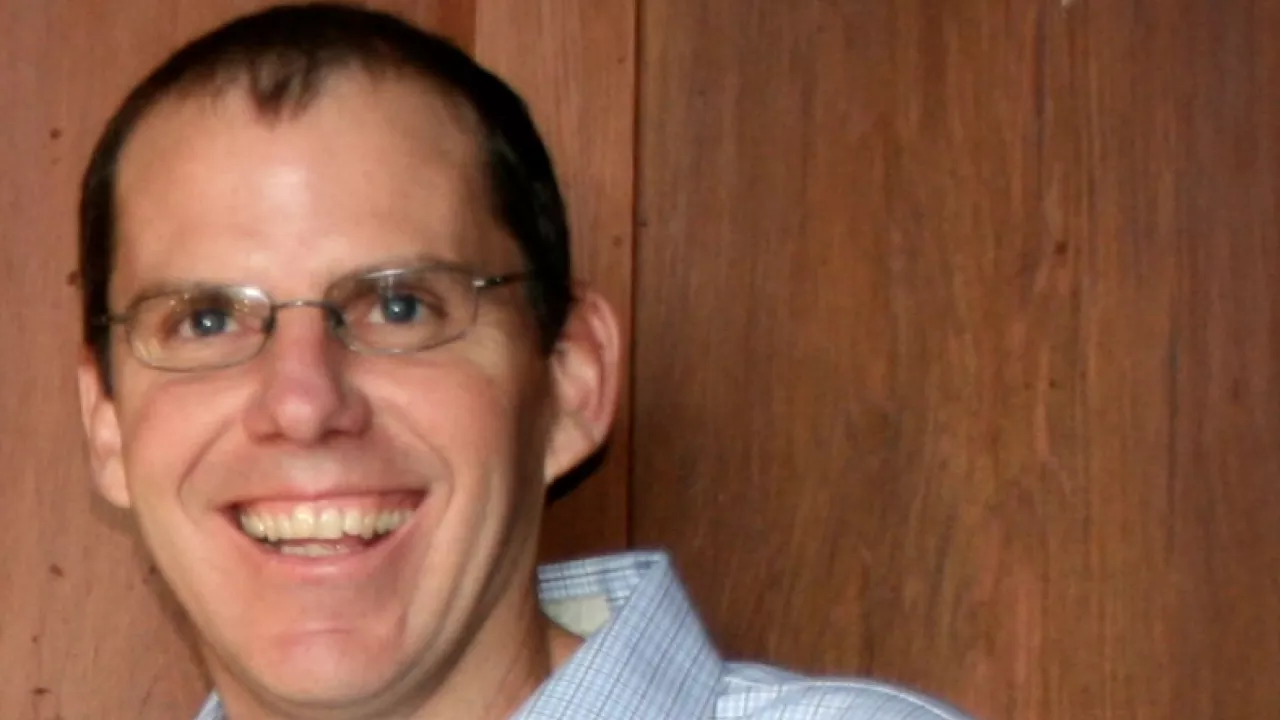
Faculty Spotlight- Jim Sanchirico
Quick Summary
- Jim Sanchirico is a Professor in the Department of Environmental Science and Policy (DESP) at the University of California, Davis, and a University Fellow at Resources for the Future (RFF) in Washington, DC.
Tell us about yourself
I am a Professor in the Department of Environmental Science and Policy (DESP) at the University of California, Davis, and a University Fellow at Resources for the Future (RFF) in Washington, DC. I received my PhD from the Department of Agricultural and Resource Economics at UC Davis in 1998 and was on staff at RFF from 1998 to 2007, returning to DESP in 2007.
Describe your research and what applications to policy
I am an environmental and natural resource economist who works at the intersection of ecology, economics, and policy, with a focus on natural resource management. My main research interests include the analysis of policy design, implementation, and evaluation for marine resources and terrestrial species conservation. For example, I have examined the economic, social, and ecological impacts of setting aside areas of the ocean for conservation, both theoretically and in practice, in locations such as Northern Europe, Indonesia, California, and the Gulf of Mexico.
What is your favorite course to teach and why?
This is a tricky question, as I enjoy teaching all of my courses, but for different reasons. In all of my courses, I feel fortunate to have the opportunity to teach such talented individuals and to expose them to new ways of thinking and perspectives on environmental policy and natural resource management.
What do you think stands out about the EPM program?
First of all, I have been around long enough to witness the program grow from an idea within the faculty, refined during the approval process, and now in the implementation phase. It has been great to observe, and I am very impressed with the mix of courses and experiential learning through internships and practicums, which allows students to engage and grow in the space between theory and implementation. A program that is serious in both dimensions is very impressive and isn't easy to execute well, as it requires significant effort from the staff, students, and faculty.
If you could recommend one book (any topic) what would it be and why?
I can’t just discuss one book. I recommend three books to my Ph.D. class in natural resource economics. They are “The Prize” by Daniel Yergin, “Cod” by David Kurlansky, and “Cadillac Desert” by Mark Reisner. I believe each of these books should be required reading for scholars in environmental policy and natural resource management, and the good news is that they are enjoyable to read. “The Prize” is eye-opening, as it highlights the importance of oil to society, shaping all aspects of our current economy and world, and demonstrating how difficult it will be to wean society off it to meet climate goals. “Cod” provides insight into how vital commercial fisheries were to early societal development, food security, trade, and the migration of people and cultures. Finally, “Cadillac Desert” is a classic on western water wars, offering the reader knowledge of how crucial gaining water rights (by any means) was for the development of Southern California. It gives context to the existing policy and political landscape of water management in the Western U.S.
When you're not working, what are your favorite hobbies?
Do researchers stop working? If they do, I haven’t figured that out yet. I am always thinking of my research and teaching, but that is okay because I find that enjoyable. I do have hobbies when I am not in the office, such as skiing, biking, playing soccer, and gardening.
